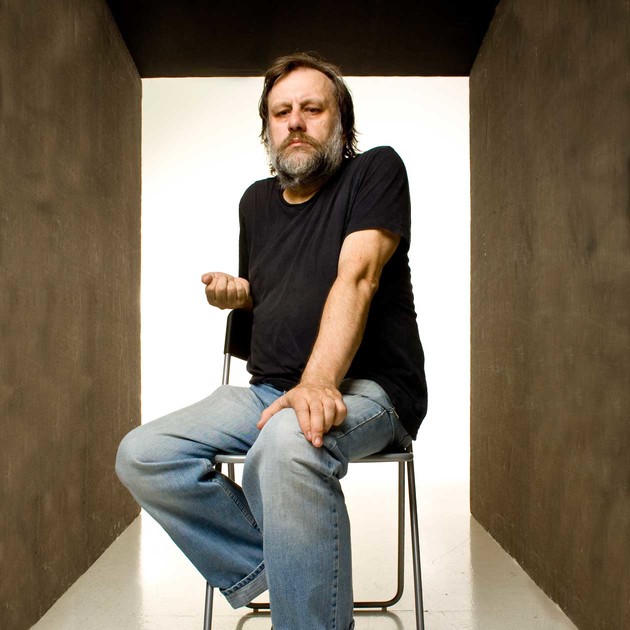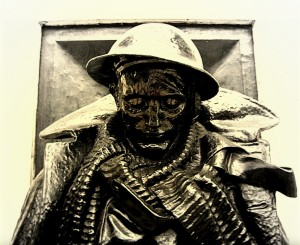‘The thought of you facing their trauma first-hand is just too much to comprehend. Have you saved lives? Or is it always that little bit too late? Does the smell of blood ever stop making your stomach turn? It must all still chill you to the bone. I hope you can still feel something when you come home to me’ – Emily Duke, ‘Letter to an Unknown Soldier’.
A few weeks ago, on November the 11th, the Literature Department held a salon with writers in residence Vanessa Gebbie, Clare Best, and Neil Bartlett, who’s brainchild, the ‘Letter to an Unknown Soldier’ project, he had brought to fruition to mark the centenary anniversary of WWI.
The talk started with an introduction by Clare Best, before Neil Bartlett described how he came up with the idea for ‘Letter to an Unknown Soldier’. Bartlett was frank and illuminating in his relation of how the project got started, and demystified how the whole funding process works for this type of project; ‘Funding first, ideas come after’. The idea came to Bartlett as he arrived in London for a meeting to discuss his ideas (of which he had none by this point), and on departing the train at Paddington station, saw the ‘Letter to an unknown soldier’ statue, and the project was born then and there. Vanessa Gebbie then read some of her poems that focused on her favourite war memorials across the UK.
One of our third year students, Emily Duke, also read out her poem ‘Letter to an Unknown Soldier’, which was published alongside a selection of other entries in the new book, which you can read here on the blog.
Perhaps surprisingly for someone so involved in the remembrance goings-on, Bartlett raised a few problems he has with the way remembrance is practiced generally in this country. The BBC’s coverage was largely held to account, in its veneration of pomp and ceremony, and its deliberately emotive tactics that seemed to cheapen the whole proceedings, although in my opinion, the BBC’s coverage is more of a symptom than the cause of an increasing glorification of war in general. Somewhere along the line, the panel and the audience seemed to agree, the ‘true’ meaning of remembrance has been lost.
For instance, as Bartlett mentioned, having a 13-year-old boy place the first wreath on the cenotaph – intended no doubt as a tear-jerker – sent out mixed messages about child-warfare, and the close-up of David Cameron shedding a respectful tear seemed staged, and in bad taste.
The disagreements seemed to come when it was asked ‘what should Remembrance Day be about?’ Some seemed to advocate a return to a more traditional, somber, and serious appreciation of those heroic men who ‘died for us’, while others – the large majority it seemed to me – were slightly troubled by this.
Those of the first camp thought that more should be done to honour soldiers from the far-flung reaches of the old Empire who, apparently, threw themselves willingly onto the sacrificial pyre of war so that in the future, women could vote, and we could live in a democratic capitalist society speaking English instead of German (do these things really warrant death on such a scale?). Rather bizarrely to me, this made remembrance day sound like a celebration of modern-day multiculturalism, suggesting that because people from many faiths and cultures all died for this ‘common cause’ (Britain?), that it should be seen as a way of bringing the nation together. A positive spin emphasizing camaraderie and togetherness, perhaps, but one that sounds suspiciously like a return to old Imperialist values to me.
Others questioned the patriotic overtones that remembrance day seems to carry with it, mentioning the Quaker study, which worked out that, had the display at the tower of London included casualties from both ‘sides’, it would cover a much larger area of London. It was also suggested that the remembrance of pacifism and conscientious objectors should take more prominence, and that more effort should be taken to remember our country’s less than humane treatment of those who disagreed with the war, as did this article in the independent.
The talk was lively and thought provoking, and made pertinent just how important Remembrance Day is to British culture and our sense of national identity, but also how divisive and sensitive an issue it can be. In my opinion, to say that the millions who died in the First World War sacrificed themselves in order that we could live as we do today, suggests that sacrifice, and war, are necessary for progress. When I was at school, we were always told that we remember ‘so that it may never happen again’, a phrase which has conveniently fallen away in recent years, no doubt due in part to Britain’s re-boot of Imperialism in the middle-east.
Jack Thurland, Third Year Literature Student.








